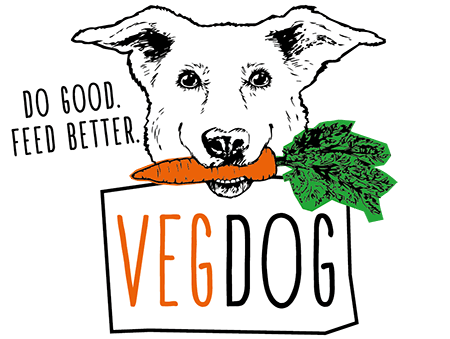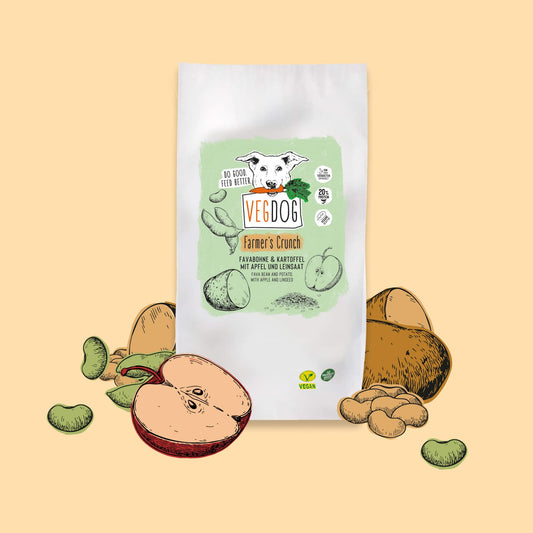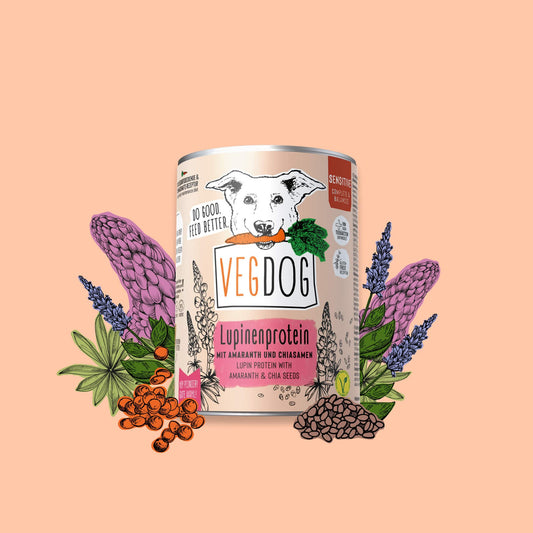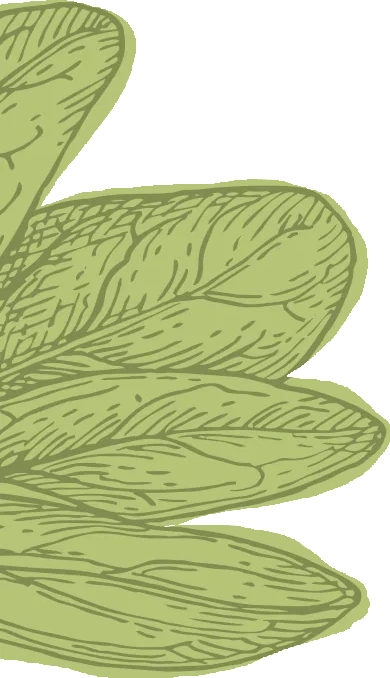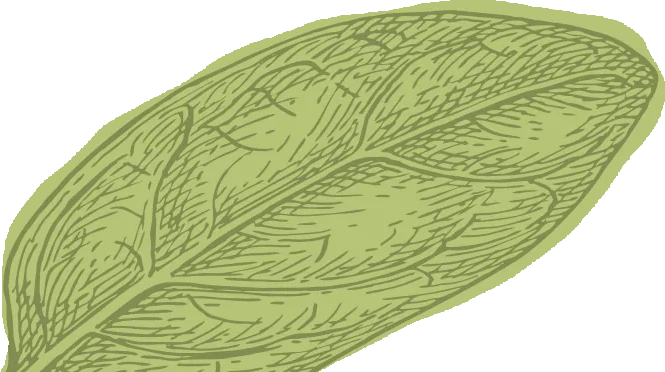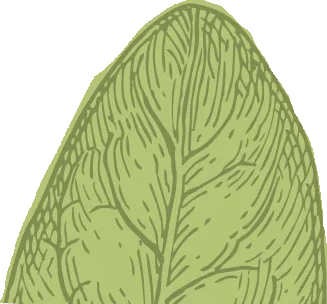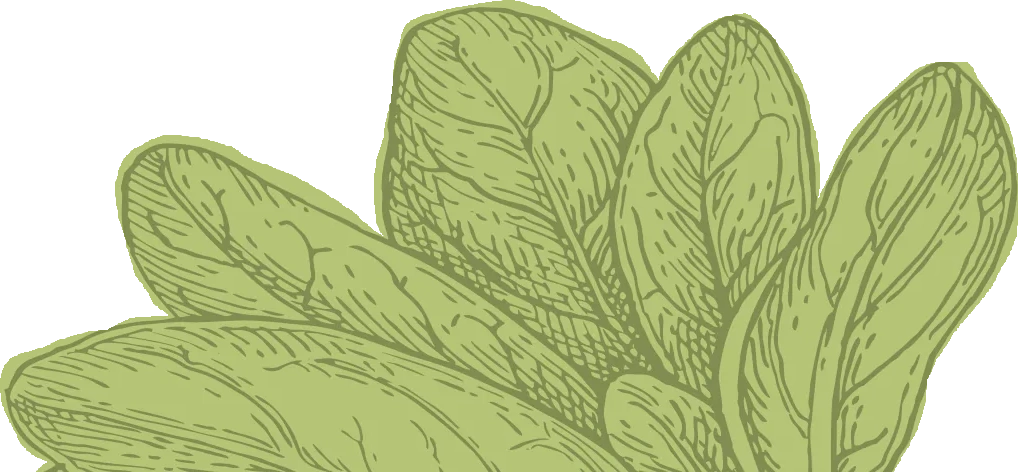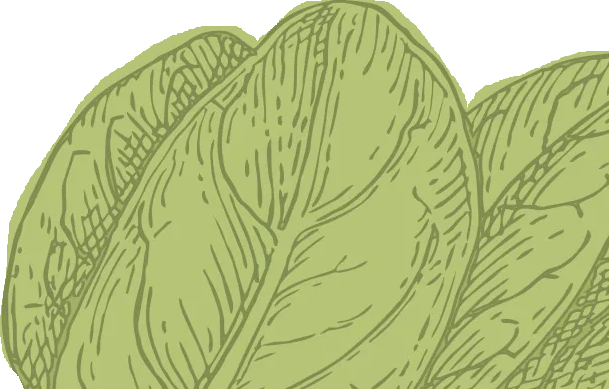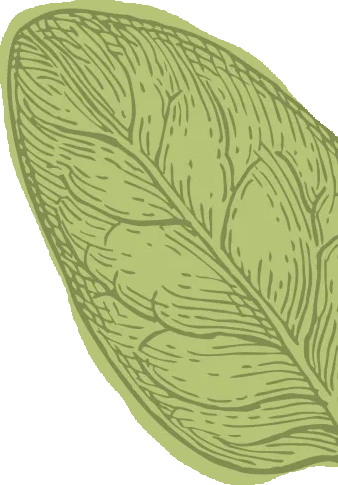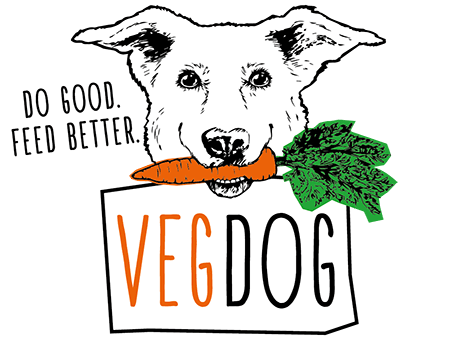
MY DOG EATS GRASS – NOW WHAT?
The dog sits comfortably on the lawn and eats grass with relish. It looks more like a cow than a dog. A common behavior in dogs, but why? How much grass eating is still normal and when should you take your dog to your vet? We explain this in this blog.
 Author: Alena Thielert
Author: Alena Thielert
 Proofreader: Carla Steffen
Proofreader: Carla Steffen
Updated: 01.10.2024
Published: 12.08.2022
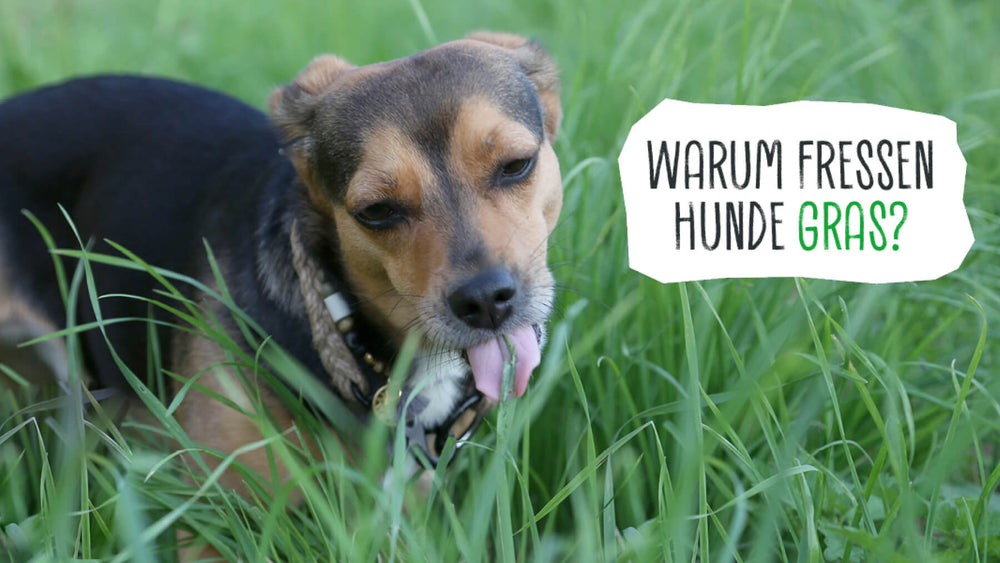
In spring, dogs may be interested in the fresh grass . It looks so tasty, they just have to try it. However, this interest usually fades after a short time.
For some dogs, eating grass has a calming effect , especially in stressful situations. What is meditation for us is “grazing” for your dog.
However, if your dog regularly eats grass, there may be a health reason for this: gastritis (inflammation of the stomach lining) or another stomach disease (eg chronic hyperacidity ) can cause your dog problems. Stress or an incorrect distribution of macronutrients (proteins, carbohydrates, fats) can be the culprits. Long breaks between feedings can also lead to these problems. These can mainly be caused by sleeping at night.
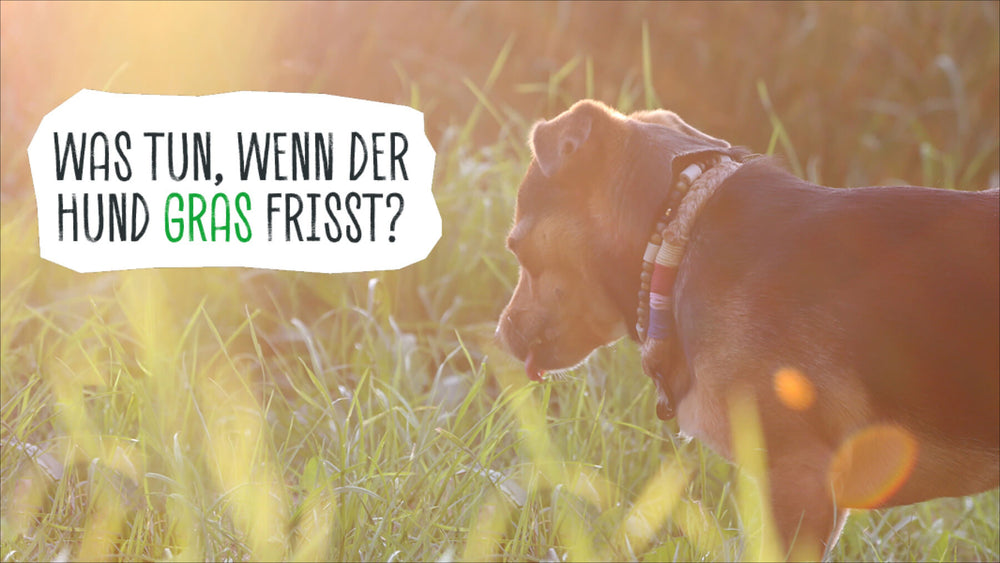
It is also possible that your dog is feeling sick or is reacting to food ingredients that he is intolerant to. If this is the case, your dog will try to induce vomiting by eating grass in order to excrete the intolerant ingredients.
So what should you do if your dog "grazes"? Under no circumstances should you scold your dog. If he eats grass regularly, you should take him to your vet and have him examined for possible intolerances, etc. The result of the examination may be that you have to adjust the food : the feeding times, the intervals, the distribution of macronutrients or the elimination of incompatible ingredients. It is possible, for example, that you change the food or feed your dog more often but in smaller amounts. Basically, you should always make sure to keep your furry friend's stress level as low as possible.
